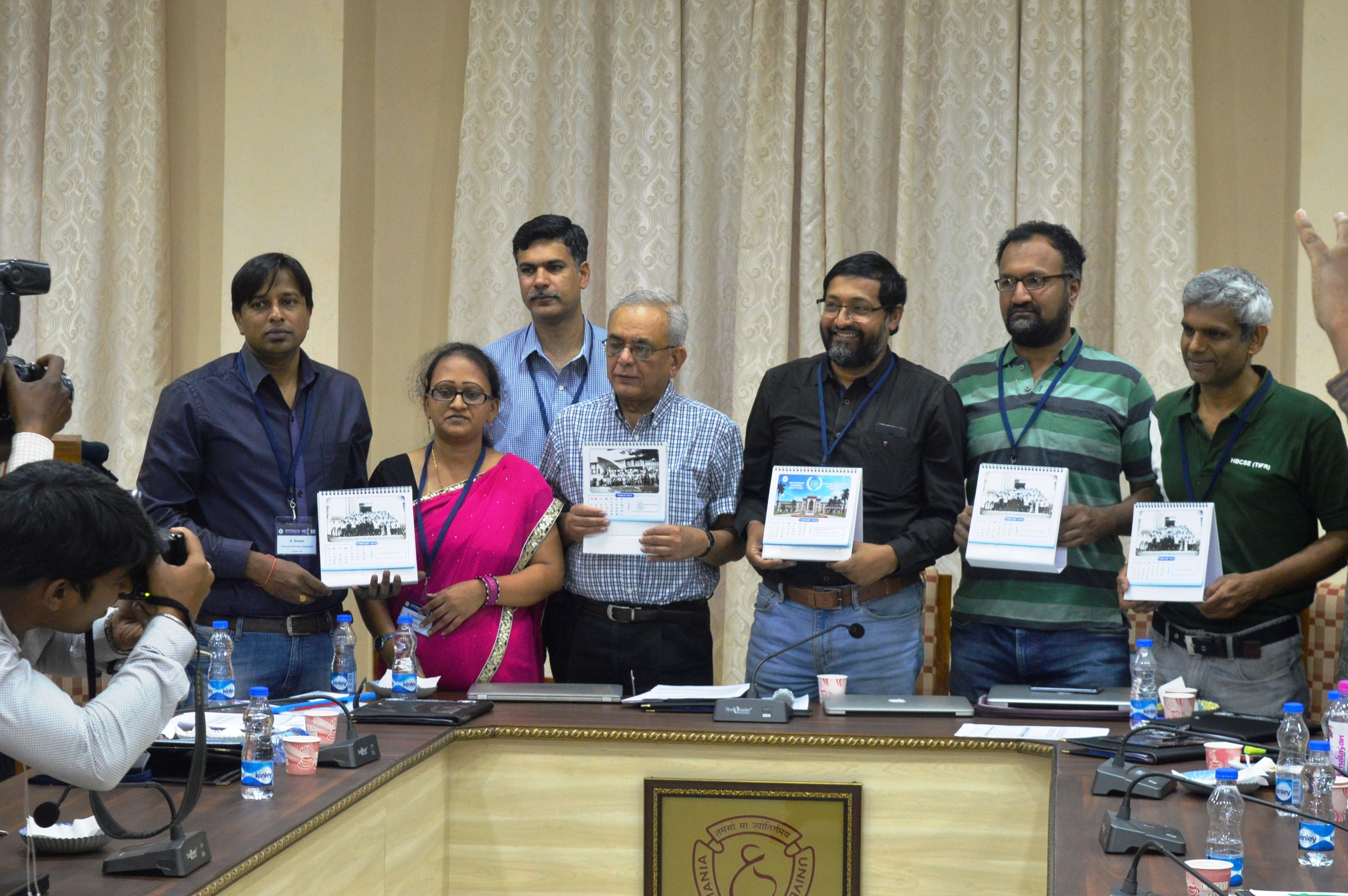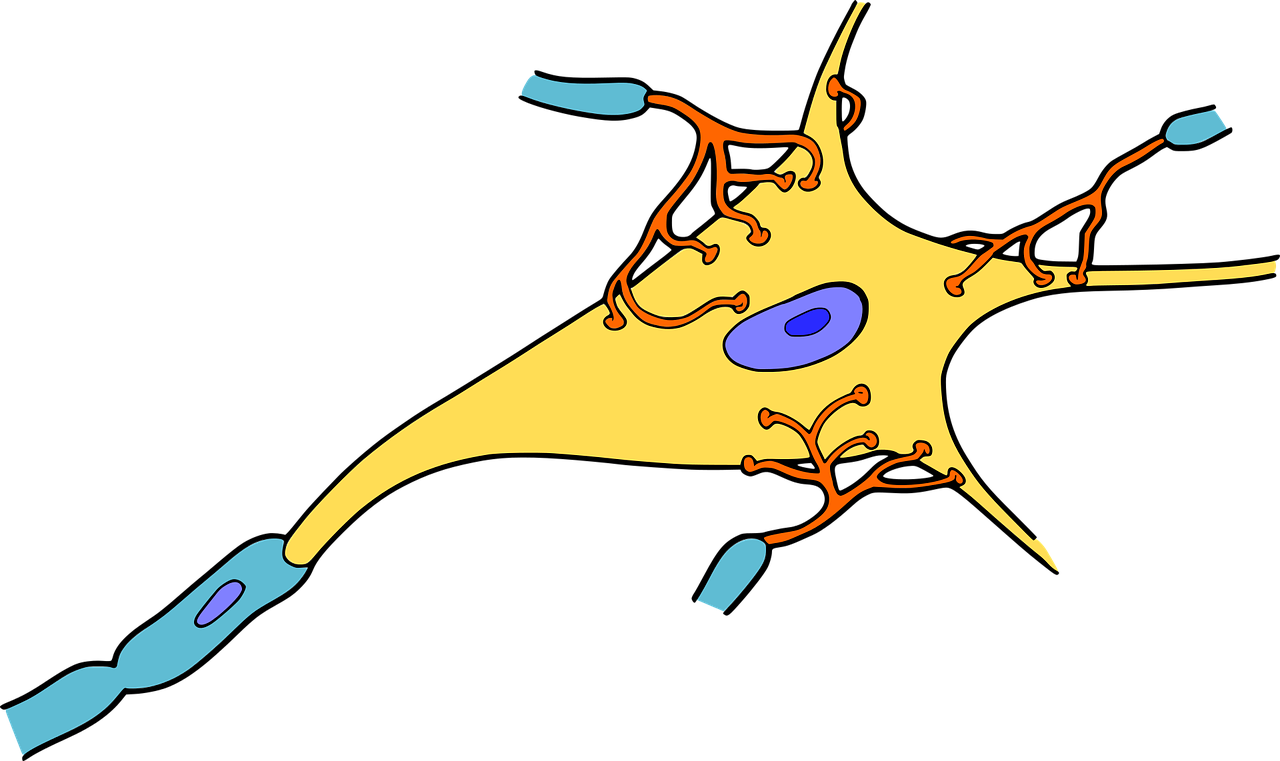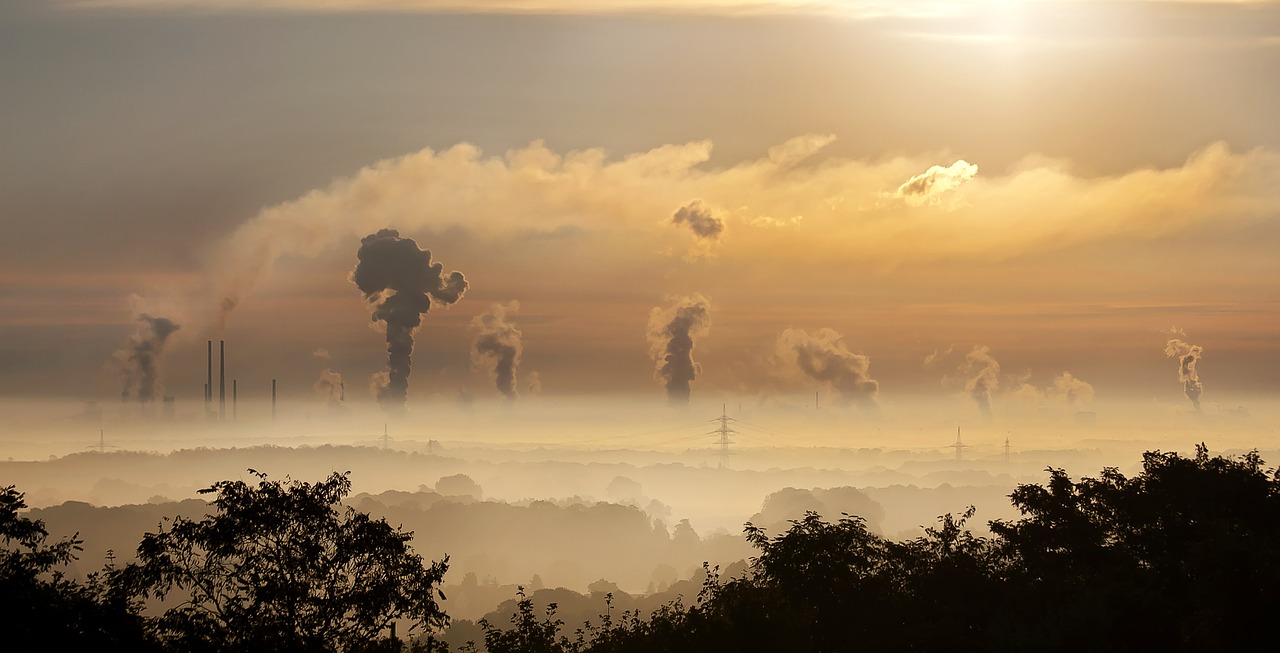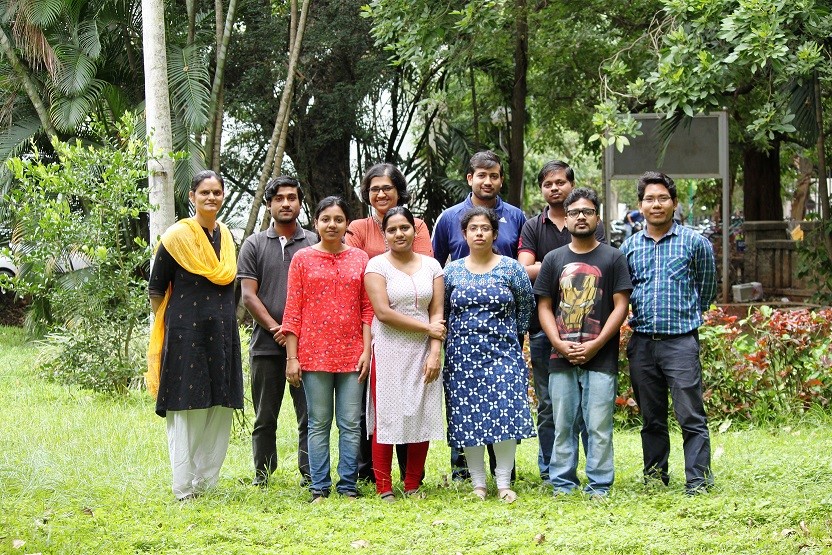
A Four-Day Meet on Astronomy Begins At Hyderabad on February 6
- News
- 1.8K
About 400 astronomers are gathering at Hyderabad for a stimulating four-day discussion on a range of topics in astronomy being organized by the Astronomical Society of India beginning tomorrow, Tuesday, February 6 at Osmania University in the southern metropolitan city.
Subjects ranging from mysteries of super-massive black holes lurking in the middle of our galaxy and exploration of the character of dark matter, to peculiarities of planets orbiting other stars, and gravitational waves, the latest topic in the world of astronomy, will feature at the meet to mark the 36th annual meeting of ASI.

Addressing a press conference, Prof. Dipankar Banerjee Secretary, Astronomical Society of India, said many interesting results are expected to be presented in the next four days including results from AstoSAT, India’s first space multi-wavelength telescope.
Prof Ajit K. Kembhavi, from Inter-University Centre for Astronomy and Astrophysics and also Vice President of International Astronomical Union, noted that one one of the talks would ponder over whether humans are the only living organisms who look at the starry sky in wonderment. The talk by Prof Biman Nath, scheduled for Thursday, February 8, will explain how nocturnal dung beetles apparently use not just bright objects like Moon but also spectacular distant objects like the milky way to navigate during the night, he said.
“It is, he pointed out, “an exciting time to do astronomy and astrophysics in this country. We are part of many mega projects having multi-national involvements. The thirty meter telescope that is coming up in Hawaii, the LIGO-India project, the gravitational wave observatory that is to be set up in Maharastra, the soon to be launched Aditya L-1 mission to explore Sun, the recently inaugurated 3.6 meter ground-based optical telescope in Devasthal Observatory, the Square Kilometre Array, in which India will be a key partner, will all offer exciting opportunities for Indian students to pursue research in astronomy and astrophysics. These facilities would provide world-class access to telescopes and probes for doing international quality astronomy astrophysics research in India.”
Presenting a report on the 3.6 meter-sized optical telescope in Devasthal, which is run by the Aryabhatta Research Institute of Observational Sciences, Prof Brijesh Kumar, said it was the largest telescope to be set up in India.
Prof. Bindu Rani, from NASA GSFC, said that some recent results on intergalactic universe would be presented during the conference.
Pointing out that deep Learning or Machine Learning is being increasingly used in pattern and image recognition and even to beat world champions in certain games like ‘Go’”, Prof Ashish Mahabal, from University of Caltech, said a workshop to train astronomy students to use machine learning techniques is being organised as part of the four day meet.
With a membership over 1,000, Astronomical Society of India is the oldest and largest association of professional astronomers in the country and was founded in Osmania University way back in 1972. The annual meeting will see more than 100 talks by researchers detailing their discoveries and about 170 posters showcasing the work done by young students in various Indian institutions. “Indian students studying abroad have also come to attend this conference showing the importance it is gaining in years,” says Prof. Dipankar Banerjee.
Using the opportunity, the Public Outreach and Education Committee of ASI is arranging for visits of astronomers from various parts of the country to go and interact with children in a number of schools and colleges in the city. Further, a panel of eminent astronomers will present information on career opportunities in Astronomy in India. They will talk about the observatories and telescopes in the country and student programs in various institutes.
Niruj Mohan Chairperson of the POEC, ASI said “an exhibition detailing basics of astronomy and Indian astronomical institutions has been prepared and they will be taken in a mobile van to various schools in Hyderabad. “We had organized a one-day capacity building programme for school teachers on ‘basics of astronomy yesterday”, he added. (India Science Wire)
By T.V.Venkateswaran and Sundararajan Padmanabhan


